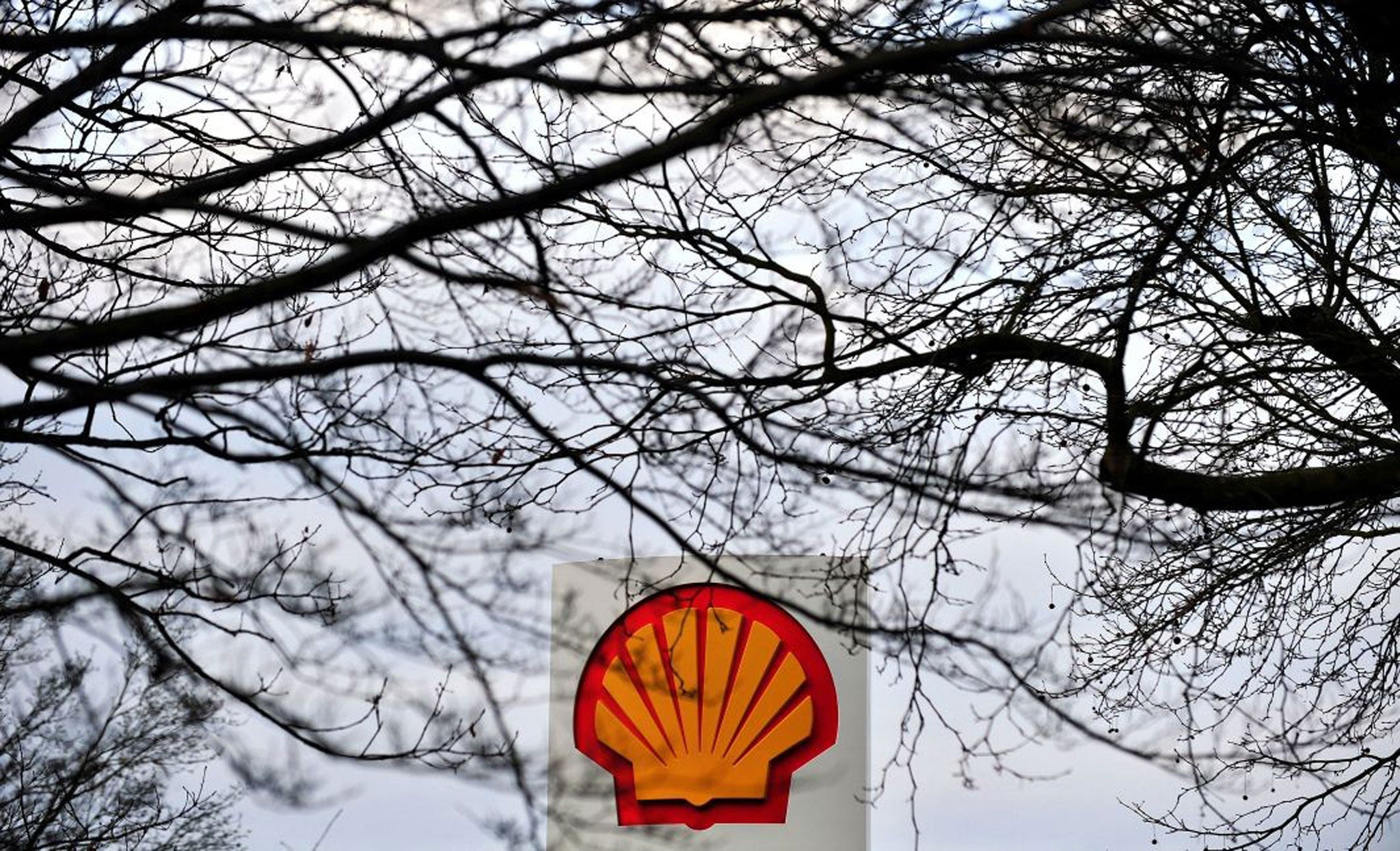The Independent's journalism is supported by our readers. When you purchase through links on our site, we may earn commission.
Mark Dampier: We always bring down Britain. But there's plenty in the tank
While the health of the economy is not insignificant, Mark Dampier finds it incredibly unpredictable in terms of its impact on the stock market

A visitor from Mars might assume the last five years were a near disaster for investors, if the business and finance sections of our newspapers are anything to go by.
I have commented before that we have seen the most heated bull market I can remember, at least since the 1980s. Couple this with the fact that 2014 was a relatively poor year for the UK stock market, and perhaps you can understand why some commentators are suggesting investors have too much of their portfolios invested here.
The UK has been written off on numerous occasions throughout my career and it has become a recurring theme. Perhaps this has something to do with how close we are to our own economy and how we tend to focus on our failures more than our successes.
I also believe many investors dwell far too much on the wider economic landscape. While the health of the economy is not insignificant, I find it incredibly unpredictable in terms of its impact on the stock market.
This is all too clear as we head into 2015. There are a number of unpredictable forces that could lead to changes in sentiment: oil price volatility; Greek election results; and perhaps more importantly, the result of the UK general election in May. And the current buzz word floating around is "deflation" – sometimes it's a wonder anyone invests at all, be it in active or passive funds.
In the short term, it can be easy to become fixated on factors such as the falling oil price, which has increased market volatility and hit energy companies. However, for consumers, a large drop in the oil price should surely be a good thing.
From an active management standpoint, I favour fund managers who seek companies they believe can successfully navigate an uncertain economic environment and take advantage of changing circumstances. In my view, Nigel Thomas, manager of the AXA Framlington UK Select Opportunities Fund, is one.
He concentrates on companies focused on shareholder returns, through share buybacks, dividend growth and paying special dividends. Stocks currently held in the fund that meet these criteria include the television network ITV, building materials supplier Wolseley and food wholesaler Booker Group.
The approach has translated into excellent long-term returns. Over the past 10 years, the fund has grown by 158.2 per cent against 105.8 per cent for the benchmark and 101.3 per cent for the sector average. But 2014 was a slightly more difficult year. A number of positions in the oil & gas sector, including Premier Oil and Hunting, hurt performance. A holding in Royal Dutch Shell did not help either, especially as one of the fund's largest holdings.
Within the smaller companies portion of the portfolio, Xaar was hit after issuing a profit warning relating to reduced demand from China. On the other side of the equation, stock selection in healthcare and consumer services sectors proved beneficial.
The fund has always invested in a good mix of larger companies, such as BT and Prudential, as well as higher-risk small and medium-sized companies. The latter have tended to provide a rich hunting ground for Mr Thomas.
Significant growth in the fund's assets in recent years has restricted the manager's ability somewhat to invest heavily in smaller companies. The fund still maintains a large bias to this area of the market, and I expect this exposure to continue to contribute to returns. Mr Thomas is not a short-term trader – he backs all positions with the intention of holding for the long term. This approach has come through strongly for him, more often than not.
I view this UK growth portfolio as a good all-rounder. It is the type of fund that could dovetail quite nicely with a cheaper, passive fund offering broader exposure to the British market.
Mr Thomas is one of the longest-serving managers in the UK with a 25-year career. He will undoubtedly retire at some stage, though I expect he has a few good years to give yet. Until then, he has the qualities I believe it takes to outperform in a challenging market environment.
Mark Dampier is head of research at Hargreaves Lansdown, the asset manager, financial adviser and stockbroker. For more details about the funds in this column, visit www.hl.co.uk
Join our commenting forum
Join thought-provoking conversations, follow other Independent readers and see their replies
Comments